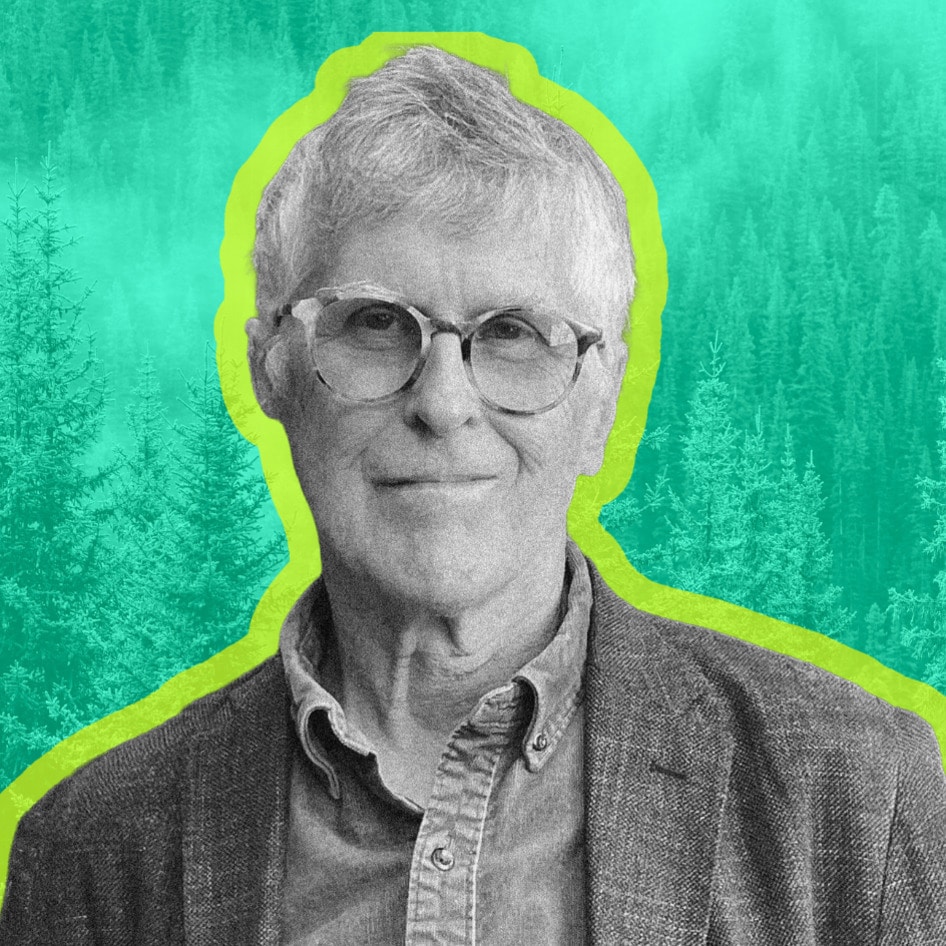The United Kingdom will need to slash its meat and dairy production by up to 50 percent to achieve its climate goals to become carbon neutral (or hit “Net Zero”) by 2050. The report was compiled by government-funded research group Energy Systems Catapult (ESC) which used the internationally peer-reviewed Energy System Modelling Environment to create a variety of pathways for the UK to achieve Net Zero by 2050. “Last year the UK became the first major economy in the world to commit to a ‘Net Zero’ emissions target by 2050,” ESC Insight and Evidence Lead Scott Milne said. “Now for the first time, we’ve modelled hundreds of potential pathways to get to Net Zero by 2050, ramping up or down different technologies and behavior changes—to understand the different combinations, interactions and trade-offs of competing decarbonisation options to reach the most cost-optimised approaches.” ESC found that the UK must make substantial changes in three areas: low carbon technology, land use, and lifestyle. Along with slowing demand for aviation, relying more on solar power, and planting carbon-sequestering forests (up to 1.2 million acres every year), ESC suggests that other land use and lifestyle changes, primarily drastically reducing the production and consumption of animal products, are necessary for meeting the UK’s climate goals. “Broadly, each potential pathway uses a combination of two different approaches: a top-down technology focused approach or a bottom-up behavior focused approach,” Milne said. “However, what stands out is—no matter which pathway the UK takes—innovation, investment, and incentives across low carbon technology, land use, and lifestyle is essential to achieve Net Zero. And there are massive economic opportunities for the UK to lead the world in these areas.”
JUMP TO ... Latest News | Recipes | Guides | Health | Subscribe







